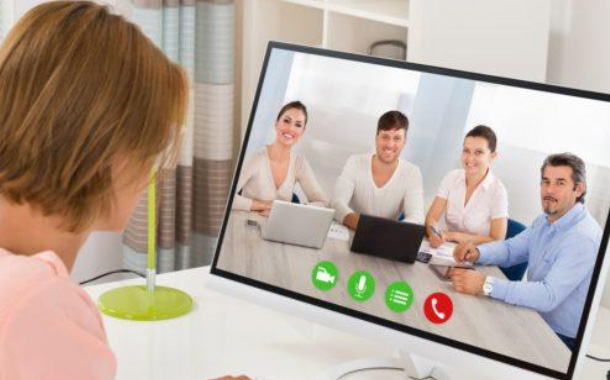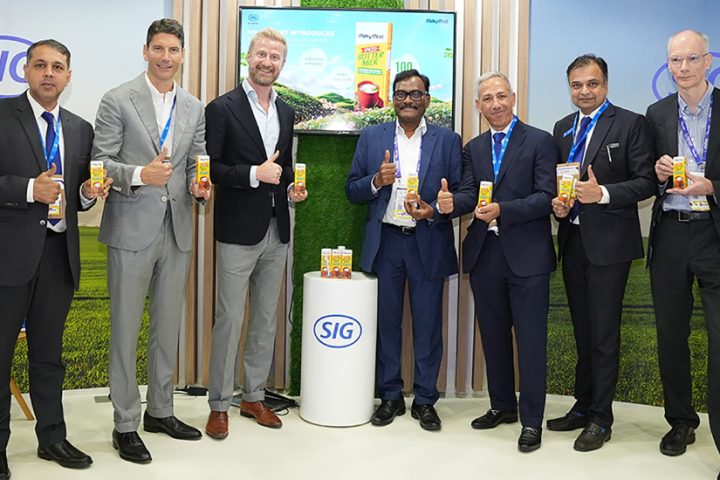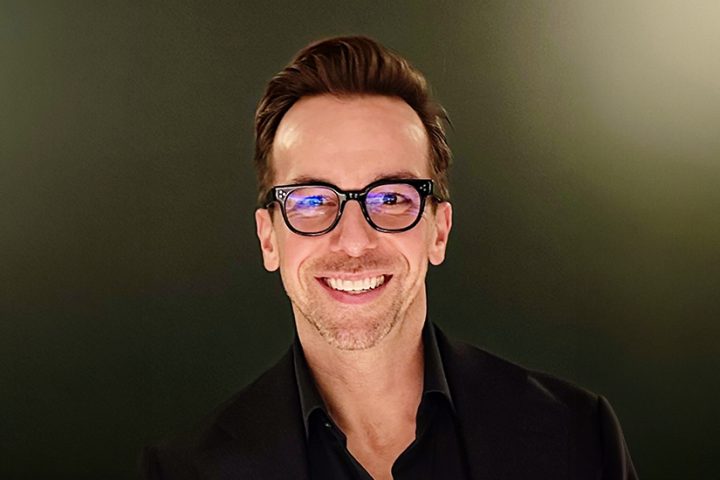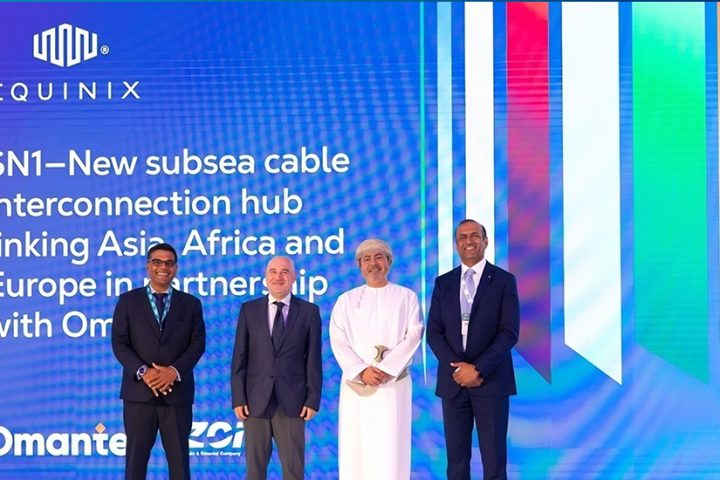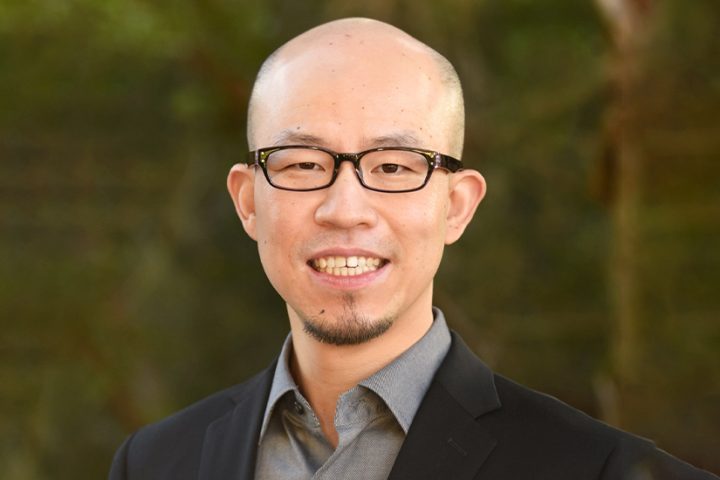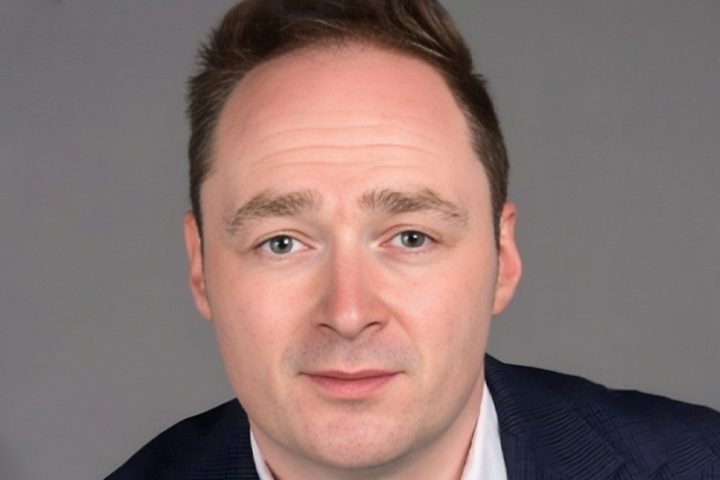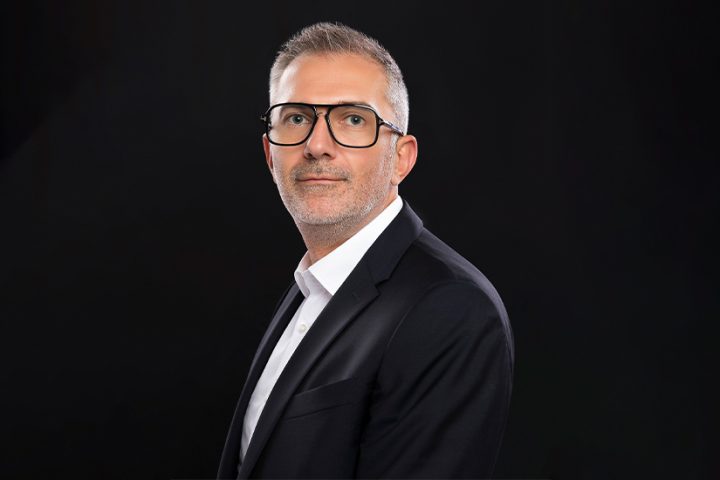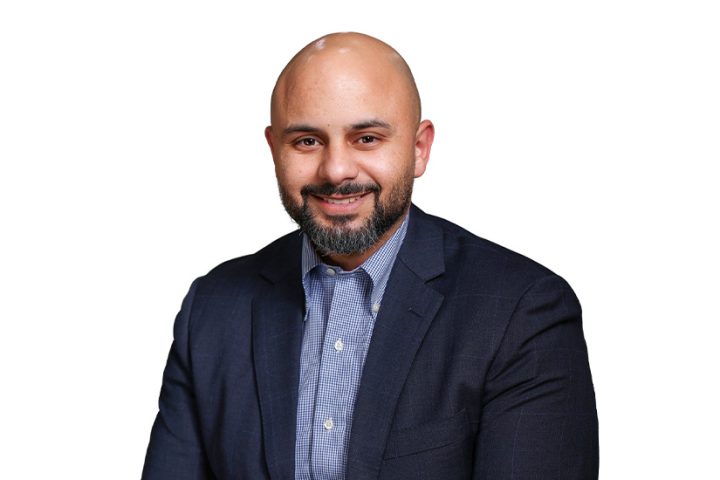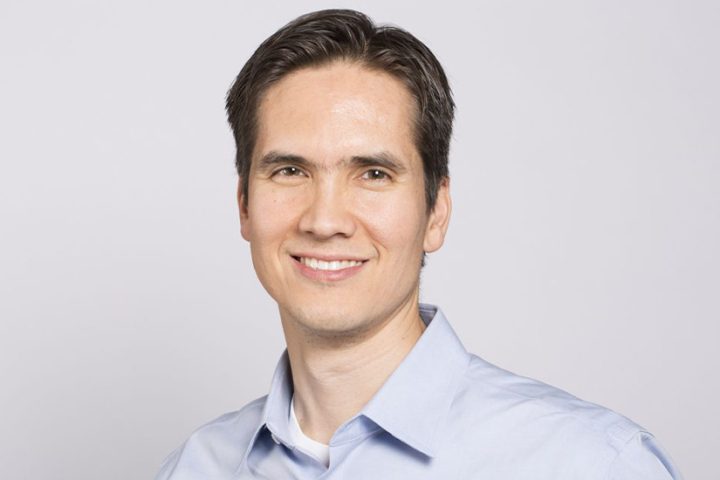In the opening sessions of Accessible Africa Week, where Africa’s leaders are meeting to address the challenges faced by people with special needs, Avaya stated its position that ‘accessibility by design’ is the key to driving greater inclusivity, and showcased its range of communications solutions that reflect this approach.
The conference, taking place in Cairo from July 14 to 18 and organized by Egypt’s Ministry of Communications and Information Technology, hopes to create plans that use technology to expand the capabilities of those living with disabilities in Africa.
“Our goal is to support people with special needs, promote the understanding of disability issues, and ensure that all people can enjoy their rights as easily as able-bodied citizens. Through this event, and partnerships with global technology leaders like Avaya, we hope to drive inclusive, equitable development, as part of the 2030 agenda for sustainable development,” said Dr Abeer Shakweer, Advisor for Social Responsibility and Services to the Minister of Communications and Information Technology.
Plans include the creation of a new contact center for people with special needs, providing an intermediary for those with hearing and speech impairments in emergency situations.
“This represents a key milestone in providing Egyptian citizens with equal access to emergency services, and is an example of the forward-thinking in equality that is required to drive a more inclusive society,” said Ahmed Fayed, Country Manager – Egypt & Libya, Avaya.
“Our position is that any project – whether it’s a new building, development or service – should have accessibility as a priority from the design phase. Only once we begin to think of the needs of that segment of society, from conception, will we deliver true equality of experience for all.”
According to Egypt’s Central Agency for Public Mobilization and Statistics, 10.67% of people over five years old live with some sort of special need, and 2.61% of Egyptians live with a severe disability. Across Africa, these statistics mean that there are up to 80 million people living with some sort of special needs challenge.
Avaya’s vision for a more inclusive society addresses the challenges faced by those with hearing and speech impairments, who make up a group of 7.5 million in Egypt alone, the United Nations estimates.
At Accessible Africa Week, Fayed provided references on how Avaya’s technologies can be deployed to address this group’s needs. He referenced the company’s work with a number of international organizations which have deployed solutions to make citizen services accessible for those with hearing and speech difficulties.
These solutions employ video-conferencing and state-of-the-art collaboration solutions to enable multi-link video-calling between citizens, sign language interpreters and public safety officials. This greatly helps to improve speech and hearing-impaired citizens’ ability to communicate with those around them, as well as with emergency services providers.
“Enabling inclusivity isn’t just a moral obligation amongst government and technology leaders; it’s also an economic one. The cost of special needs exclusion across OECD countries is an estimated 7% of GDP, and $1 trillion in individual disposable income is currently being squandered on costs related to exclusion,” said Fayed.
“With our extensive experience in building solutions that address the challenges of those with special challenges – particularly in the emergency services sphere – we’re actively providing the tools that governments need to create more inclusive societies. And we’re delighted to be sharing our knowledge with the leaders of Egypt and Africa.”

